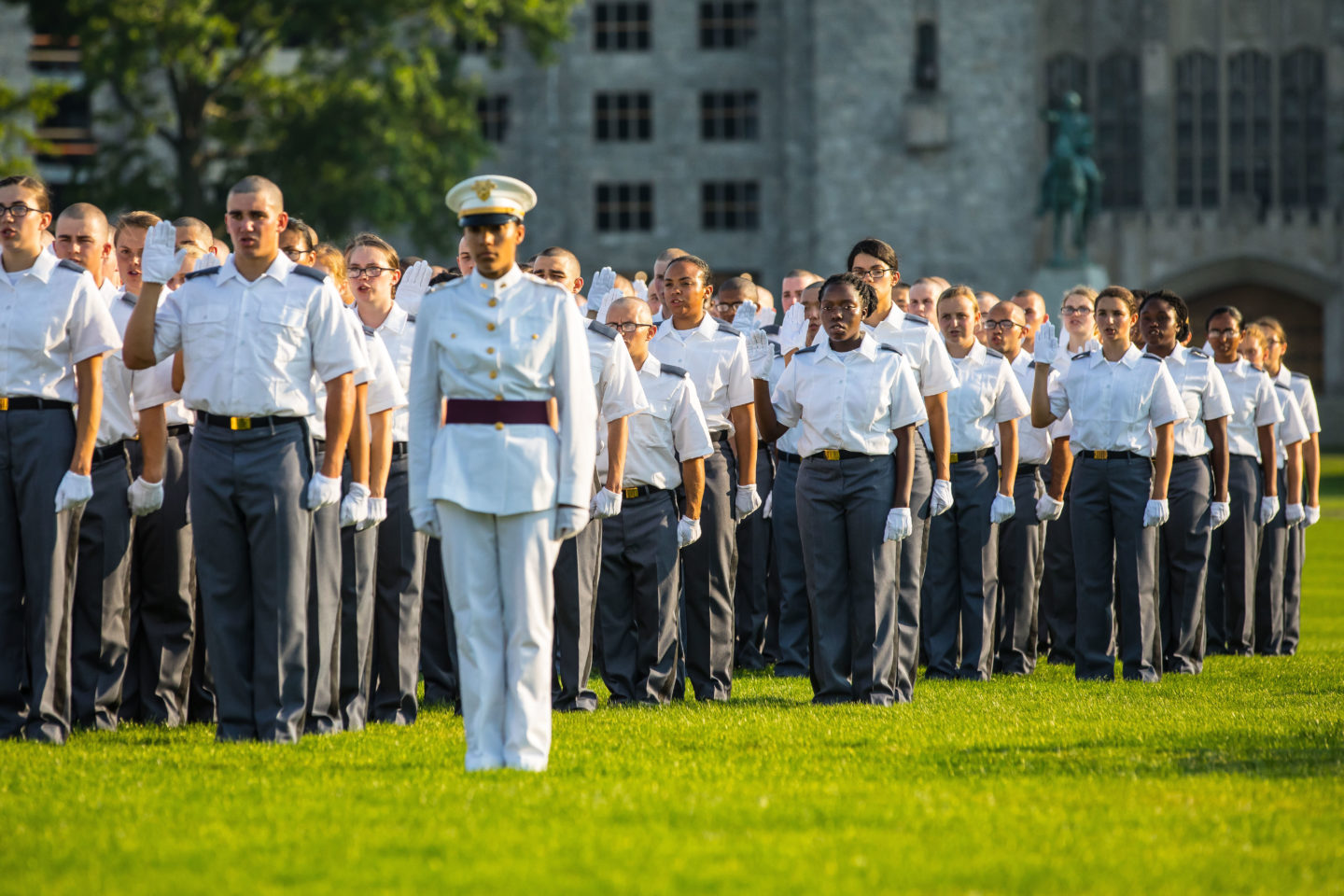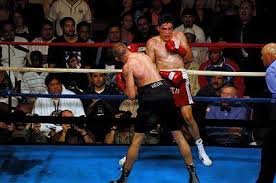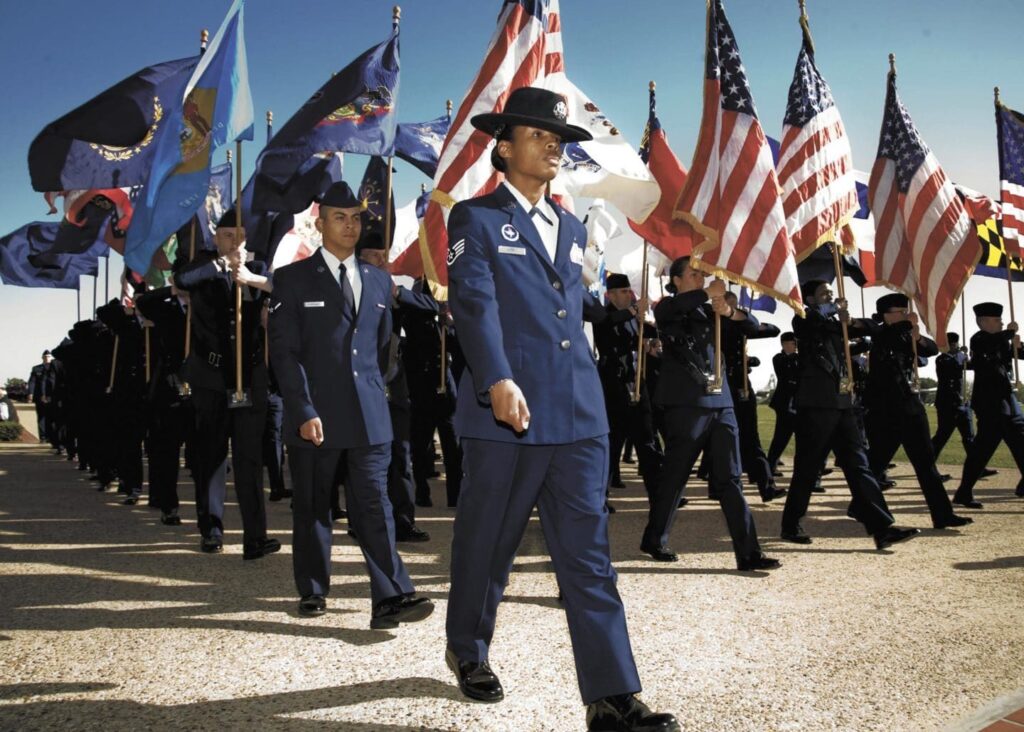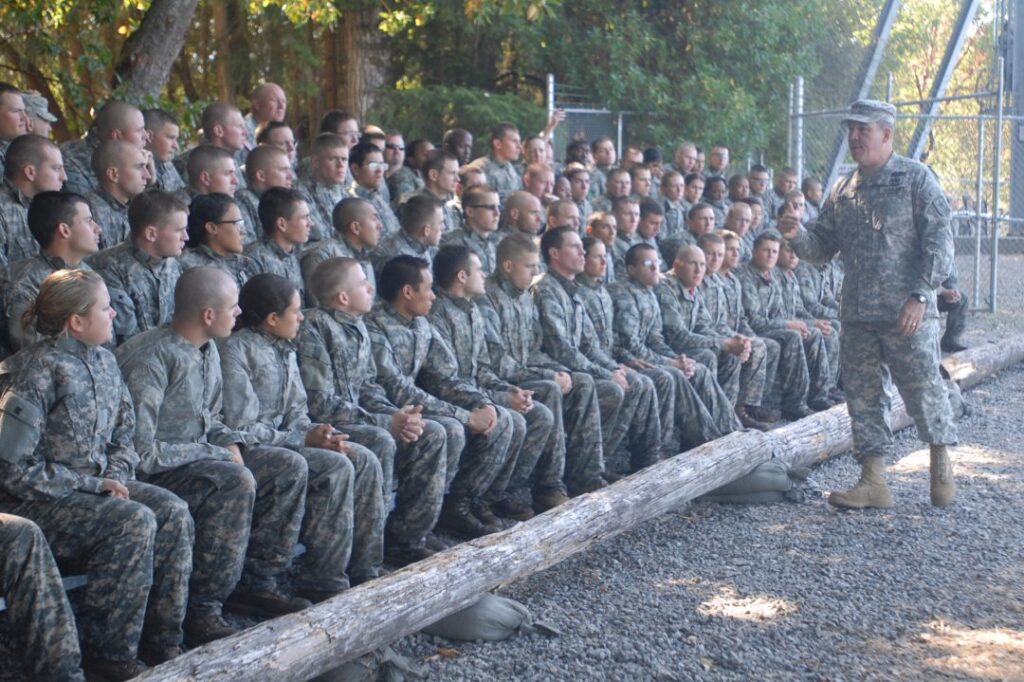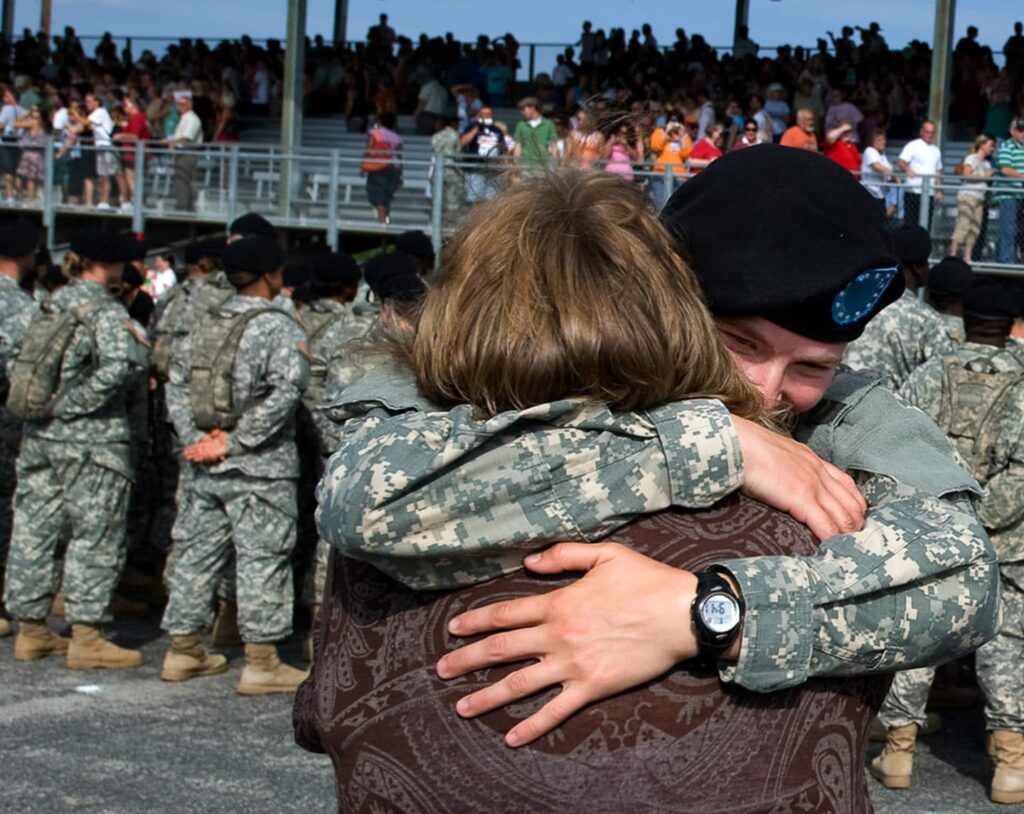As a graduating high school senior, more often than not I receive the question “where are you going to college next year?” My response, more often than not, warrants either excitement or confusion. When you tell people you are going to West Point, sometimes they don’t know how to respond.
Four years ago, I decided to attend Episcopal High School, a 100% boarding community in northern Virginia. As a doe-eyed freshman, I lived 500 miles away from home and met people from all over the world. From doing my own laundry, planning my week or completing my homework, I was challenged to develop time-management skills and be more self-disciplined and independent. Whether it was academic, social or mental adversity, quitting was not an option.
Through the trials and tribulations, I developed my morals, character and personal values that influence my everyday conduct. But, even with all the required introspection of boarding school, if you had asked me where I wanted to go to college, I would not have been able to give you an answer. Up until my junior year, I had no clue what I wanted to do with my life.

The summer heading into my junior year I travelled to Greece and the island of Lesvos for eleven days to aid the refugee crisis. In Greece, I met NGO leaders, refugees and locals who all had stories to tell about how the refugee crisis had impacted them. Many of the refugees had fled their homes due to increased terrorist activity, and almost all of them left with nothing but the shirts on their backs. Among all the refugees and NGO’s we met in Greece, there was a sense of helplessness and struggle. I wondered who would help them? Who would defend them from the evil that stole their homeland?
While on the Island of Lesvos, Melinda McRostie, a refugee NGO leader, met with our group at her restaurant where she spoke to us about finding purpose in life. She said,
“It doesn’t matter where you live, but what you live for, and not when you die, but what you die doing.”
In my search for where my passions intersected the needs of the world, her words were poignantly perfect. I knew I desired to be part of an organization based in selflessness and service to others, and also wanted to be part of a kinship that did good in the world.
With some more thought and research, on my return flight back to the U.S., I discovered the military actualized the purpose, service and kinship McRostie spoke about. I then decided I wanted to become a commissioned officer in the U.S. military, in order to serve and fight on behalf of my country. But, would I do this by attending an ROTC program or a Service Academy?
In order to figure out which college route I wanted to take, I decided to apply to the U.S. Military Academy at West Point “Summer Leader Experience.” Exactly a year after my trip to Greece, I was experiencing a modified version of life as a Cadet at West Point. After six days of early morning wake-ups, physical training, academic sessions in the classroom and squad bonding, I was dog-tired, but the happiest I had ever been. I knew West Point was where I wanted to be.

After attending SLE, I decided attending a Service Academy was my top college preference, and that I would apply Army ROTC at various schools as my backup option. That summer I worked ahead of the application schedule to write my essays, research schools/ programs and interview with alumni.
While the college process is difficult, the Service Academy application process is far more expansive and demanding. Luckily, my family and I were familiar with the Service Academy application process because my brother went through it just two years prior.
Applicants not only have to complete an essay (or three), interview and fill out a similar type of “common app,” they also must pass a physical fitness test, apply for nominations from their Senators, Congresspeople or Vice President, and then medically qualify; all to be considered for an appointment. Preparing for the Candidate Fitness Test (CFA, the physical fitness test applicants must pass) and applying for a nomination are their own processes in and of themselves as well.

After passing my CFA, qualifying medically and receiving nominations, I was appointed to West Point in the winter of my senior year. The Army, in my experience at SLE and what I had seen through my brother who attends West Point, greatly emphasizes the value of teamwork among boots on the ground.
I didn’t want to be on a ship or fly planes, so Army was the branch of best fit for me. While neither of my parents served in the military and our family doesn’t have an extensive military history, my brother and I have felt called to fulfill a purpose greater than our own lives. The moment my brother received his appointment to West Point, my parents were in shock, overjoyed and proud.
The same reactions occurred when I opened up a large black envelope, known as the “BFE” – Big Fat Envelope – that contained my appointment. On laminated paper, and with an attached note from the Superintendent of USMA and President of the United States, I had been accepted to the West Point class of 2023.
While my trip to Greece and my experience at boarding school have greatly influenced my desire to attend a Service Academy, many other activities, classes and extracurriculars have as well. I am an eager learner, and highly value my education. The Service Academies offer some of the best educations in the country. In fact, four years at one of the Service Academies is valued as a $400,000+ education.

With small class sizes, one-on-one advisors and only the best military and civilian instructors, West Point looks to make sure every student succeeds in their journey to pursue one of 40 different majors. As a senior, I took a history course titled “9/11 To Now” that studied the national and global impact of the attacks of 9/11. It was my favorite class all year and has inspired me to pursue a military career in Military Intelligence, a branch that requires strong problem-solving skills, cooperativeness and creativity.
While at West Point, I also hope to participate in one of 34 different athletic activities. In high school, I competed in cross country, track and field, lacrosse and crossfit. My participation in sports has also driven my desire to attend West Point, where athletics is one of four main points of focus. I am most excited for the second part of summer training, called BEAST, where we learn basic military skills and tactics at Camp Buckner, NY. While the 6-week summer training is called BEAST for a reason, I am sure I will succeed with the support of my classmates because there is no stronger brother or sisterhood than the one found in the military.

So while applying to a Service Academy can be tough, so is deciding to actually attend. At the end of the day, a Service Academies’ main goal is to commission officers as 2nd Lieutenants in the U.S. Army; so if your main objective isn’t to become an officer and serve your country, the Service Academy route might not be the one for you. If it does end up being your path, be prepared for all the reactions you’ll receive when you say,
“I’m going to West Point.”

